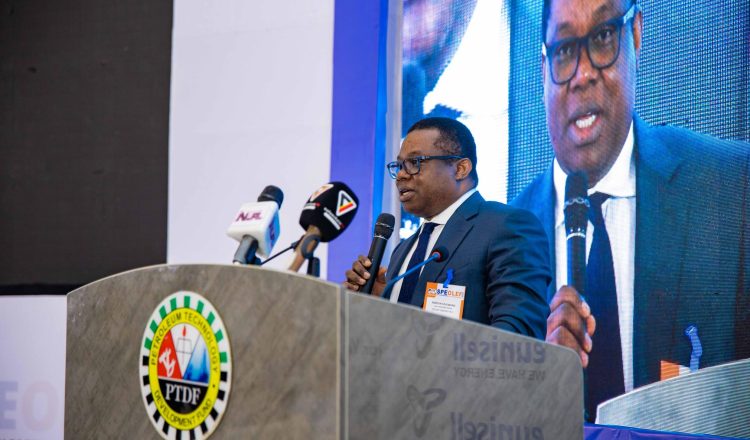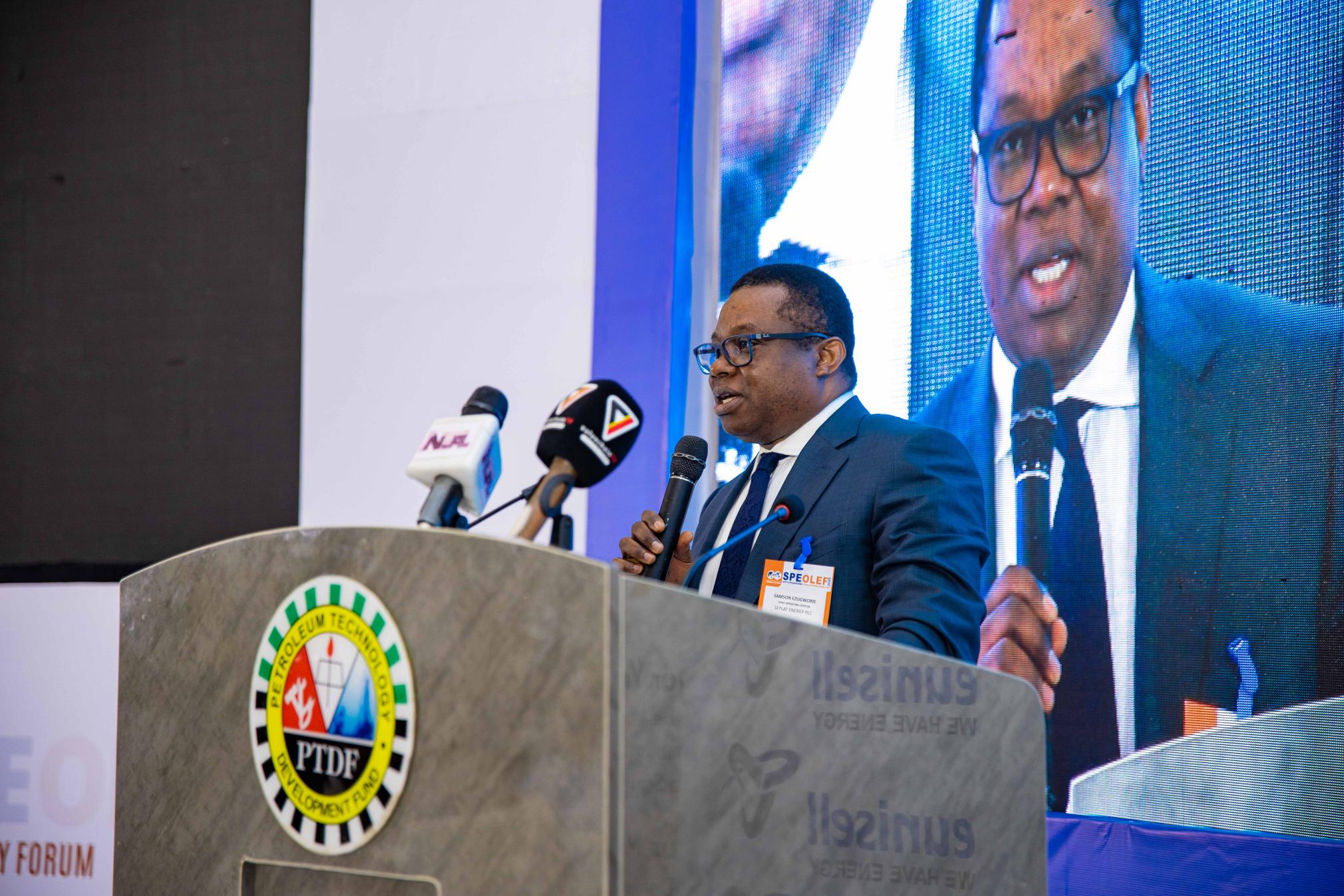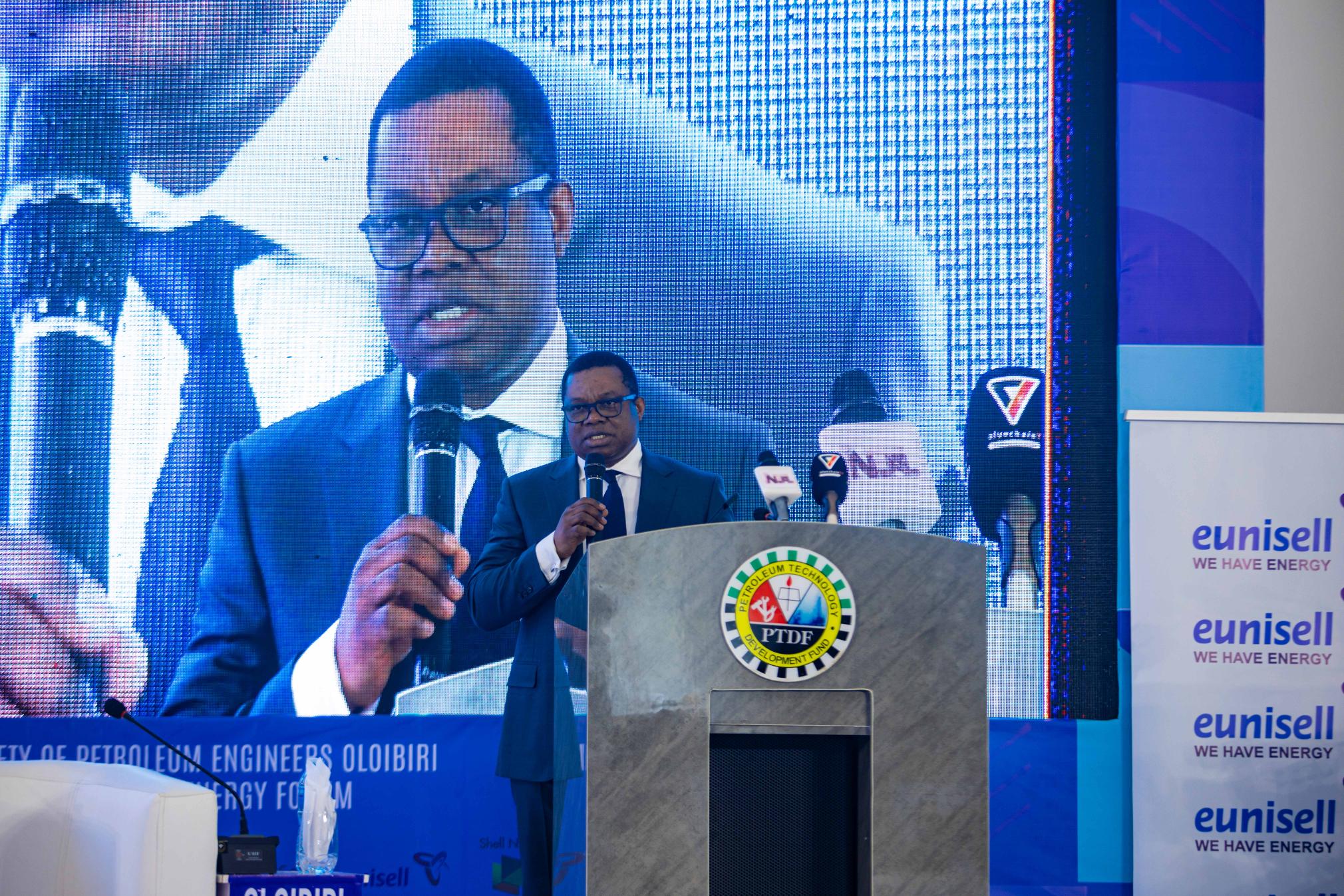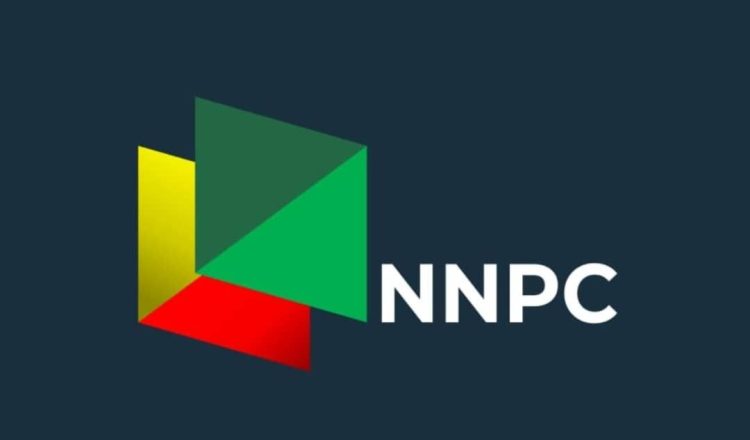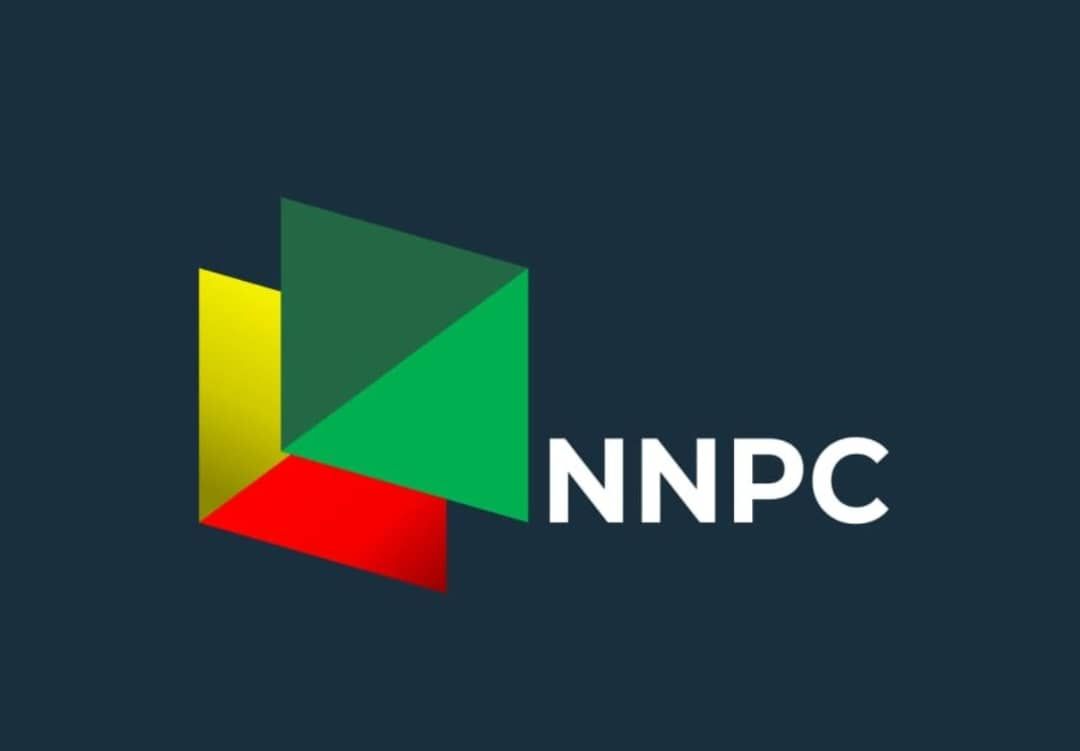… Achieves 7.3 Million Hours Without Lost Time Injury
Seplat Energy PLC, leading Nigerian independent energy Company listed on both the Nigerian Exchange and the London Stock Exchange, has announced its audited results for the three months ended 31 March 2025, recording a revenue of N1.228 trillion for the period from N268.6 billion reported same quarter last year. Its gross profit soared to N535.4 billion from N63.8 billion Year-on-Year.
Cash generated from its operations for the period grew to N464.9 billion from N25.2 billion Year-on-Year whilst profit before tax rose to N314.6 billion from N103.5 billion Year-on-Year.
The energy company delivered robust production and cost performance during 1Q 2025, at a new scale, and firmly on track to deliver FY 2025 guidance. Strong cash position supports early repayment of $250 million reducing the Revolving Credit Facility (RCF) to $100 million, and an increase in our quarterly dividend to US$ 4.6 cents per share.
For the period, production averaged 131,561 barrels of oil equivalent per day (boepd) up 167% from 1Q 2024 (49,258 boepd), above the midpoint of 2025 guidance (120 – 140 kboepd).
Seplat Energy achieved more than 7.3 million man hours without Lost Time Injury (LTI), of which 2.5 million was Seplat onshore-operated assets (1Q 2024: 2.3 million man hours) and 4.8 million hours without LTI for Seplat Energy Producing Nigeria Unlimited (SEPNU) – formerly Mobil Producing Nigeria Unlimited (MPNU).
Operational highlights
• Production averaged 131,561 boepd up 167% from 1Q 2024 (49,258 boepd), above the midpoint of 2025 guidance (120 – 140 kboepd).
• Onshore production contribution of 56,196 boepd, was 14% higher than 1Q 2024, and above 2025 guidance. Within this, liquids +10% and gas +21% vs 1Q 2024, following strong performance at Oben Gas Plant and first contribution from Sapele Gas Plant.
• SEPNU production contribution of 75,365 boepd, within guidance, of which 88% crude and condensate, 4% NGL and 8% gas.
• SEPNU idle well restoration programme added c.11 kbopd gross JV production from the first 10 wells restored to production.
• Sapele Integrated Gas Plant (‘SIGP’) was commissioned and achieved first commercial gas sales in February 2025. Plant is delivering high quality processed gas, and condensate yields of c.2 kbopd.
• Carbon emissions intensity for Seplat onshore assets: 30.6 kg CO2/boe (revised 1Q 2024: 31.1 kg CO2/boe), reduction driven by lower emissions at Sapele post start-up of SIGP. End of routine flaring for onshore assets on track for H2 2025.
• Achieved more than 7.3 million man hours without Lost Time Injury (LTI), of which 2.5 million was Seplat onshore-operated assets (1Q 2024: 2.3 million man hours) and 4.8 million hours without LTI for SEPNU.
Financial highlights
• Revenue $809 million up c.350% on prior year (1Q 2024: $180 million).
• Unit production operating cost of $12.6/boe (1Q 2024: $9.5/boe), better than guidance of $14-$15/boe, due to timing of planned maintenance activities.
• Adjusted EBITDA of $401 million, up 226% on prior year (1Q 2024: $123 million).
• Cash generated from operations of $306.5 million, up materially from $16.8 million in 1Q 2024.
• Cash capital expenditure of $40.2 million (1Q 2024: $47 million). Onshore drilling activity to ramp up from 2Q 2025.
• Completed refinancing of $650 million senior notes, with newly issued notes having a 2030 maturity and priced with a coupon of 9.125%. Seplat notes were priced inside the Nigerian sovereign for the first time, reflective of established reputation in credit markets.
• Reduced gross debt by ~21% following early repayment of $250 million of RCF and $19.3 million repayment of Eland RBL.
• Balance sheet remains robust, end-March cash at bank $334.6 million (YE 2024: $469.9 million), excluding $128.9 million restricted cash.
• Net Debt at end-March of $747 million down 17% on prior quarter (YE 2024: $898 million). Pro-forma ND/EBITDA improves to 0.56x.
Dividend & Board
• 1Q 2025 declared dividend of US$ 4.6c/share, an increase on the prior quarter dividend (US$ 3.6c/share), reflecting the strength of our financial position and confidence in our outlook. The company plans to set out a revised capital allocation policy in the Capital Markets Day scheduled for September 2025.
• Mr. Bello Rabiu, Senior Independent Non-Executive Director and Mr. Babs Omotowa, Independent Non-Executive Director resigned from the Board following their appointment to the NNPC Ltd board. The Board has unanimously appointed Mrs. Bashirat Odunewu as Senior Independent Non-Executive Director.
2025 Outlook
• 2025 guidance unchanged.
• Production guidance of 120-140 kboepd (Seplat Onshore 48-56 kboepd, SEPNU 72-84 kboepd).
• Capex guidance $260-320 million. (Seplat Onshore $180-220 million, SEPNU $80-100 million).
• Unit operating costs for the group are expected to be $14.0-15.0/boe.
• Capital Markets Day in September 2025 to detail our medium to long term growth ambitions.
Roger Brown, Chief Executive Officer, said: “2025 has started positively for Seplat. As we deliver the business at a significantly enhanced scale, our focus is on the successful integration of the combined companies, and I am pleased to report that we are making goodprogress. It is clear that we can benefit greatly from the combined expertise of our onshore and offshore workforce.
Production has been strong, showing the benefit of the continuous drilling programme, investment in asset integrity and the availability of multiple evacuation routes. Financial performance was also strong, allowing us to be pro-active in materially reducing gross debt, maintaining low balance sheet leverage, and further strengthening our company as the near term global economic outlook becomes less predictable.
We remain conservative in our approach, but our confidence in the future trajectory for our business, combined with our strong financial position, means that we are delighted to increase our quarterly dividend to $ 4.6c/share, an 28% increase in our quarterly dividend versus 4Q 2024. Our assets are high quality, and while we will remain agile to the prevailing oil price environment, our business plan is designed to be robust at lower oil prices and our gas revenues, which are largely delinked to oil prices, provide long-term stability for the business. We are committed to our plan of growth and maximising value for our stakeholders.”










